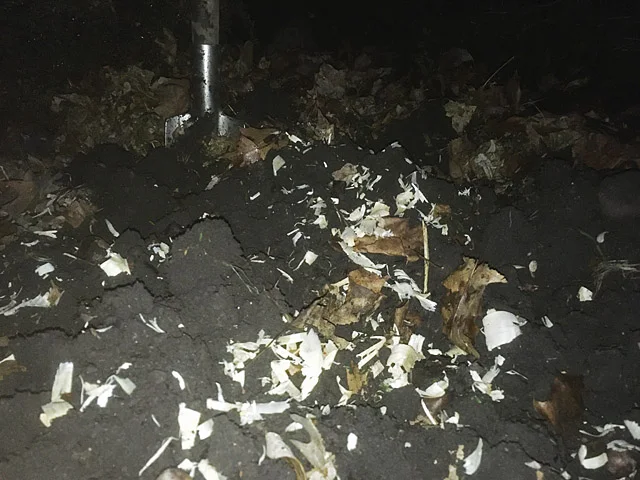That it is completely dark at seven thirty five in the morning, nearly 26,000 minutes after that reversal, is still surprising. The moon, approaching its 297° northwest by west horizon, nearly full, cast its reflected light through our window, waking me as would the morning sun, set to meet the horizon only fourteen minutes later.
The rising sun's countenance a dim facade.
Winter, with it's frozen palette,
pushes me to reconsider a lifelong disinterest in Florida.
All places can challenge our preconceptions.
Although Florida's humanity has created endless reaches of entertainment and consumerism, gated communities and social poverties, it is a place of subtle beauty, and warm, ever so warm. I've still not grown accustomed to winter travel, its luxury and privilege. Yet, it does aid the spirit and what does one have if one is low in spirit?
I've become taken with this greenhouse situated within Florida's Mead Botanical Garden. It's not my first greenhouse, and won't be my last.
In this choice we face the decision, should we be so thoughtful, of life or death for these insects. The suffering of plants, should they experience suffering at all, is weighted against the immediate squish or the slow, sudsy demise of soft-bodied beings. We recoil at the sticky residue and skins shed onto the windowsill, but not the lack of empathy for life. Expanded, these thoughts engage all the world, all the choices within our power to make.
Despite myself, I still moved to extinguish the aphids, to eliminate the gnats. A garden is celebrated, but a gardener kills. We do not move against the gardener, decry their deeds and demote their effort -apart from the more fashionable descriminations. We do not yet belong to an ideal cosmos, of which only mathematics and our imaginations approach.


















